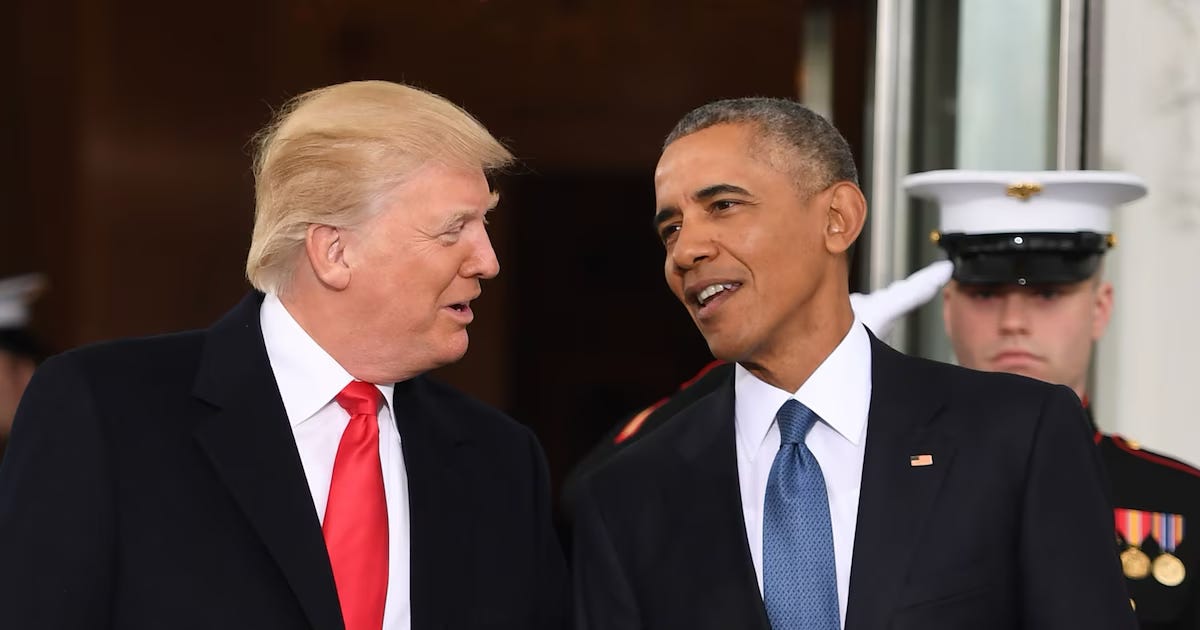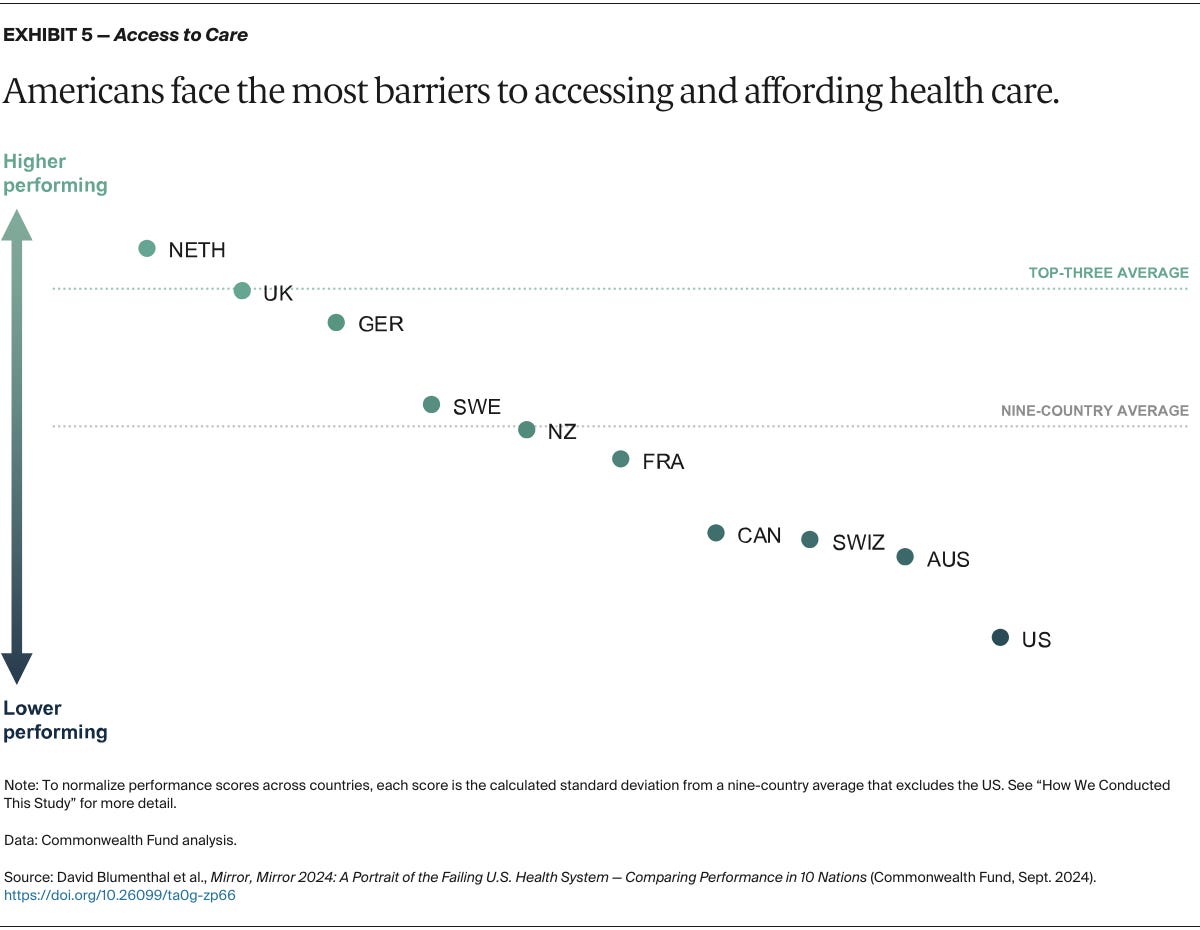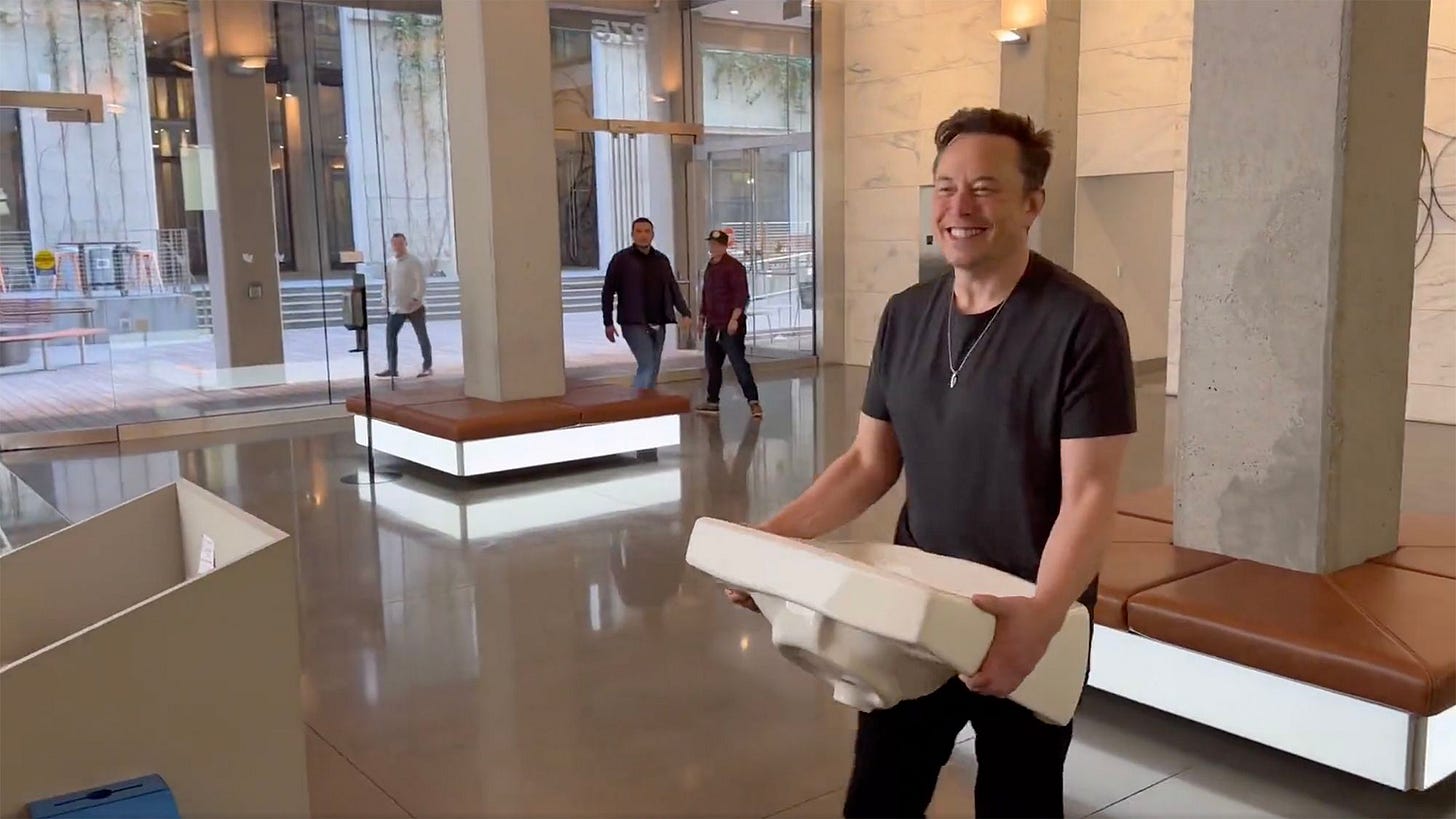I Was a Campaign Advisor. This is Why Trump Won (Again).
A few insights on American election campaign strategy
Yea, Election Day. That was a weird Taco Tuesday. I wasn’t planning on making sense of the American election, but in the near past, I worked on congressional campaigns in rural and urban districts for both parties; advising comms, writing speeches, sitting down with voters. Let’s go over how one candidate lost America.
To set the table, I was looking forward to a Madame President. Few Americans should be shocked Donald Trump won. Half the country was going to be upset, either way.
Elections within +/- two points come down to strategy. I’ll discuss what the campaigns did and didn’t so well.
Weird statistics + America’s structural issues. Things Americans have been trying to say louder. This election was a vote for change.
A few personal thoughts on the next four years
Win an Election = Win the Moment
Most of us who get involved in politics to solve a problem interpret elections as referendums on those problems. Your goal might be to win an issue, however, the goal of a campaign is to win the moment. America isn’t voting against Americans; some individuals prioritize other things1.
The “moment” is choosing a representative to influence a basket of things individuals have little control over. Big problems require collective action - Europeans are better at this - and elections signal what gets solved first. Campaigns prioritize messaging by issues voters care most about, forming a “plank” of the moment’s biggest problems.
An Even Race Means You’re Behind
Read the room
When a clerb as vocal as Kamala Harris / Tim Walz + Beyonce + Swifties can’t create distance in 50/50 polls, the plank needs to go back to the workshop.
To get a grip on the moment, candidates go door-to-door and talk to ordinary voters, not just supporters or donors (how both parties eventually kowtow to corporations). Most Americans aren’t as divisive as politics or the media, but they are curious, divided, and these conversations are how campaigns learn to build a brand of trust that persuades and shifts votes.
Primaries battle-test messaging so candidates don’t put their foot in their mouth later in the race. That process didn’t happen this time. Even if we set aside voter research, everyone still gets a pretty good idea what the big issues are by looking at how voters respond to the other side2.
Understanding polling
The possible range of a polling result is twice its margin of error. When we see a poll with a margin of +/- of 3%, it means 95% of the time, the actual number is within three points. So, the range is six points, and that might not be enough. A study comparing polls with election results from 1998-2014 says we should double that to 12 points (Shirani-Mehr et al, 2016). This means polls are for seeing trends, not making predictions.
Artificial realities
When voters step away from mass media, how do they get information? Being loud ≠ being heard. How we reach an audience is more important than reach. One way scales tip is with grassroots strategies built on proven messaging, targeting voter turnout and the silent majority (those who don’t express their opinions publicly).
Digital bubbles like Truth Social and Elon Musk’s X also created artificial realities to algorithmically push views favoring Republicans (Graham & Andrejevic, 2024), supported by in-person events and spaces like churches. Experience, education, a different media diet can lead anyone to a different conclusion.
Clients like to pick and choose tactics like memes, but it’s how the whole attention machine works. In word-of-mouth marketing, we promoted goods with tactics Karl Rove deployed to produce wins for Republicans, which in turn, was adopted by Democrats. Media and strategy evolves. No one really “leverages” anything unless they’re better at using it. Tactics, not just the messaging, need to conspire with each other, particularly if it involves multiple initiatives in different directions.
Planks, policies, personalities
Winning campaigns have Personality and Policy3. Harris-Walz closed on whether Trump-Vance were fit to lead while pouring on the good vibes. Except, we know moderates and undecided voters are skeptical of politicians who aren’t articulating a plank. And not everyone feels so positive when they aren’t living like Beyonce.
Whatever you think of Project 2025, it shows Trump’s team has a 922-page plan. Like most big proposals and business plans, few people read the entire thing, but people want to see you thought things through. It countered the anxiety of what Trump might say next, largely his own version of America’s story (also the Obama playbook).

Saying the Wrong Thing at the Wrong Time
Trump wins because Americans aren’t happy with how things are going. Two-thirds of voters felt America was on the wrong track4. Trump acknowledged these feelings, told a memorable story, gave voters something to blame.
Rejecting more of the same requires less imagination than judging the alternatives.
Asking people to reject the past is empowering
Put it together and it means Trump can engage in niche-picking, Harris cannot. To unite disparate groups of angry people, give them a really good enemy. Or, ask them to vote for change.
You have to pick something
Harris didn’t make a strong stand at The View on what she’d do differently. “Not a thing that comes to mind.” If true, Biden wouldn’t have dropped out.
Sincere confidence, humor, positivity won’t recuse one from not reading the room. A leadership lesson I learned the hard way. If people don’t think your vibe is called for - even if it’s honest - they’ll tune out, assume a thing or two, and adversaries will build on that.
A new media landscape (ahem, podcasts)
Strategic communications is getting the right message to the right people at the right time (which is on their terms). Harris didn’t win enough moments with uninspired voters. Bringing the charm offensive to gray areas, like Joe Rogan, would have helped.
Did podcasts change this election? Possibly. Regardless of whether podcasters are left or right wing, “winning the moment” has a broader definition now. The format is more conversational - and prone to errors - but relatable and easy to trust. Compare that to a polished candidate forcing their key messages and talking points on television. Podcasts feel more personal, authentic, organic. Like social media, but with nuance, context. And the possibility someone has time to disagree.
Did Harris really say there wasn’t enough time to do Rogan? Prepping for Rogan is manageable. It requires a small army of researchers to catalog how the show talks about key topics and multiple ways to support, add to it, counter past positions. If writing 20+ statements for each sub-topic sounds tedious, well, it’s how top comms pros prove their worth. Even if a client doesn’t use it, it’s like the 922-page plan — the point is showing you’re a step ahead.
The Lesson Will Repeat Itself Until We Learn It
What we learned this election, wrote Bloomberg Opinion’s Tim O’Brien, is “the economy is more important to the president-elect’s voters than integrity, democracy and tolerance.” We can talk up stacks on stacks of values until we’re blue, but if you can barely afford your expenses, you can’t afford your values.
Is the economy really doing well?
The economy is doing well for corporations and those who own stocks
Post-pandemic inflation made everything more expensive
Most Americans had to adjust to a lower living standard. Trump’s claims of “the worst economy ever” sound reasonable, even if the Biden-Harris economy is on fire — low unemployment, job growth, inflation is under control. If a tentpole of your campaign is things are great, let’s keep it going, and voters feel differently… well, you have to reach people at the level of their lived experience and speak to that reality.
The Consumer Price Index (CPI) presents a view of inflation at the personal level by tallying goods and services that reflect consumer spending. Bureau of Economic Analysis says wage increases kept up with inflation, however:
During inflationary periods, people often “ascribe (pay) increases to job performance or career progression.” (Stantcheva, 2024).
Price sensitive groups are affected more. “Cheapflation” is when prices rise faster for the lowest-priced versions of goods. Sometimes price increases don’t match inflation; like a McDonald’s Big Mac. A Financial Times-University of Michigan poll found “58 percent said big companies were taking advantage of inflation to push through price increases.”
“It should come as no great surprise that a Democratic Party which has abandoned working class people would find that the working class has abandoned them.” - Senator Bernie Sanders
America’s Next Four Years
Trump’s ideas on tariffs feel like a Value Added Tax (VAT) without the benefits. So much for consumerism, which might not be a terrible thing to part with. Ironically, tariffs on lumber during Trump’s first term were a driving factor behind the lack of affordable housing (Howard, Wang, Zhang, 2023) he campaigned on.

To be globally competitive, let alone great again, America needs to get on the level of advanced societies that provide affordable housing, healthcare, enviable public transportation. Solutions to problems nearly all citizens have that they are unlikely to solve with their own smarts or resilience, raising the floor so they can afford their values and are less likely to adopt a survival mindset.
I’m not excited about venture capital in government. Domestic and foreign affairs shouldn’t be modeled on Silicon Valley or a poker game, where winner takes all and the other side gets wiped out. Imagine a wartime scenario. These games serve those with a major or unfair advantage, and watchdogs are rightly concerned this is what Elon Musk’s Department of Government Efficiency is out to do5. Government’s role is to set a wider, stronger foundation with social structures that foster mutual consideration, invest in solving fundamental problems, so everyone has something to build on top of. These problems take far longer to solve and develop than most investors have patience for; consider how long we’ve been talking about A.I..
“I am, somehow, less interested in the weight and convolutions of Einstein’s brain than in the near certainty that people of equal talent have lived and died in cotton fields and sweatshops.” - Stephen Jay Gould
Excellent long-term outcomes require as much patience as sacrifice, a function of quality of effort and time. We outsource it to those with the training or motivation to do it, turn the screws on them to meet expectations we can’t meet ourselves — like blue- and white-collar immigrants. Why are tech hubs are full of H1B-visa holders? No one believes hard work will help them rise up or provide stability the way immigrants do. It’s why America has envy-inducing ingenuity, IP, and talent. When that leaves, it might go to unexpected places. Intel’s most advanced fab is in Ireland. DeepSeek is democratizing access to A.I.
The American social contract is already at a dangerous crossroads because too many firms report record profits and major layoffs. Factor in deportations, and Americans might lose grip on what it takes to achieve their dream. I’ve witnessed this firsthand: when you come across a group that stops believing in honest hard work, you find cheating, then factions of cheats. Everyone else settles into a transactional mindset.
Trump’s proposals, as they stand, could yield good things by making America face painful lessons. We should elect leaders who are wise enough so society doesn’t have to learn things the hard way. It’s too soon to judge Trump; I’m certainly not rooting against him. But as Taylor Swift said, “We can accomplish so much more in this country if we are led by calm and not chaos." Hope Trump gets that. In the meantime, our responsibility is not to believe we’re victims of anything or anyone. Free will means one thing. We can do what needs to be done.
Like voting to stop a TikTok ban
The Burger King strategy. McDonald’s finds the ideal location, Burger King opens locations down the street.
Also good career advice. Be a great vibe and hit your spots — understand what the deliverable is. Sometimes that means being very thorough.
‘Wrong track measure’ typically contextualizes approval ratings
The“move fast and break things” ethos. If you break the law, by the time the legal system catches up, you’ll have gotten what you wanted.





